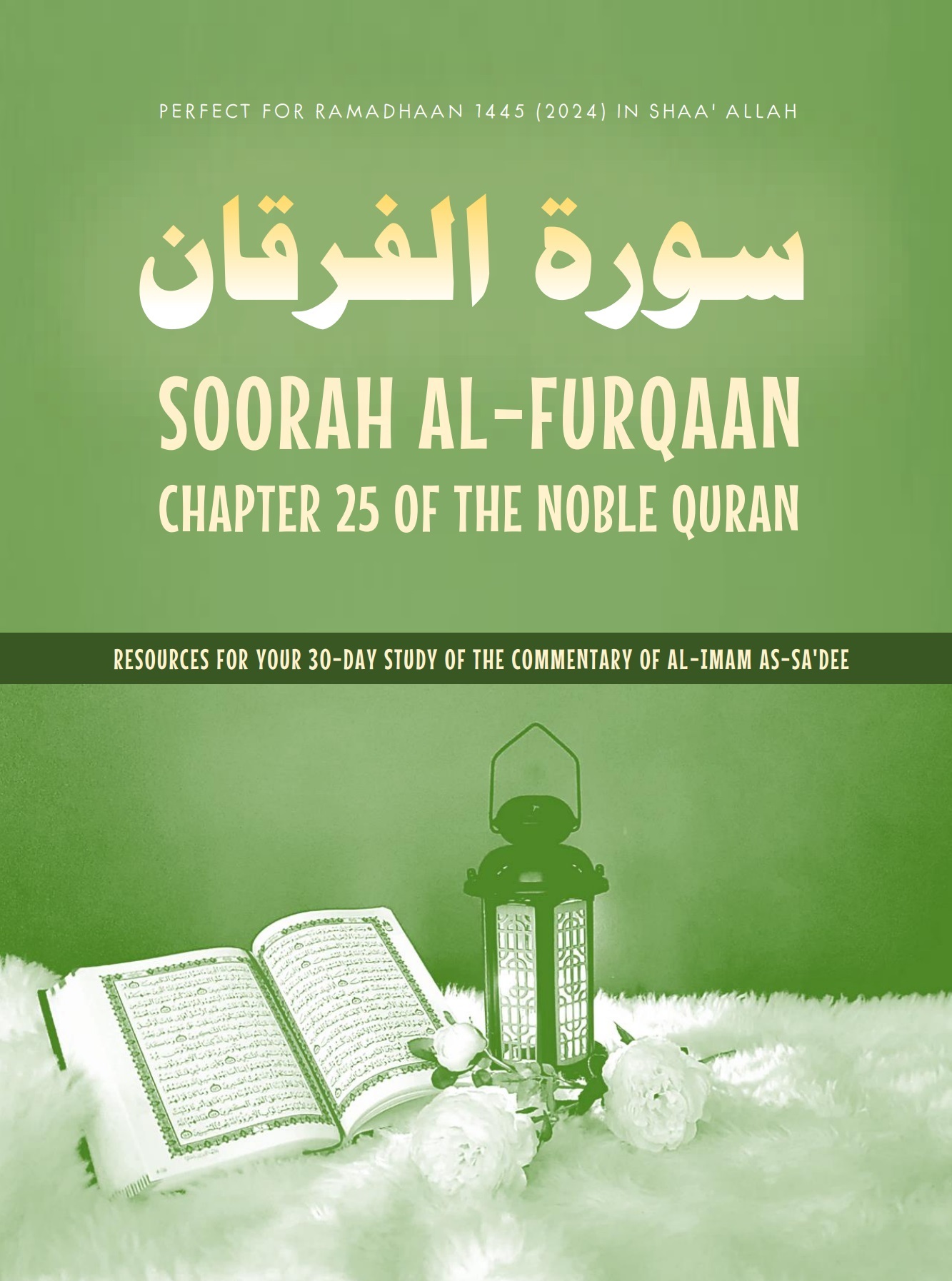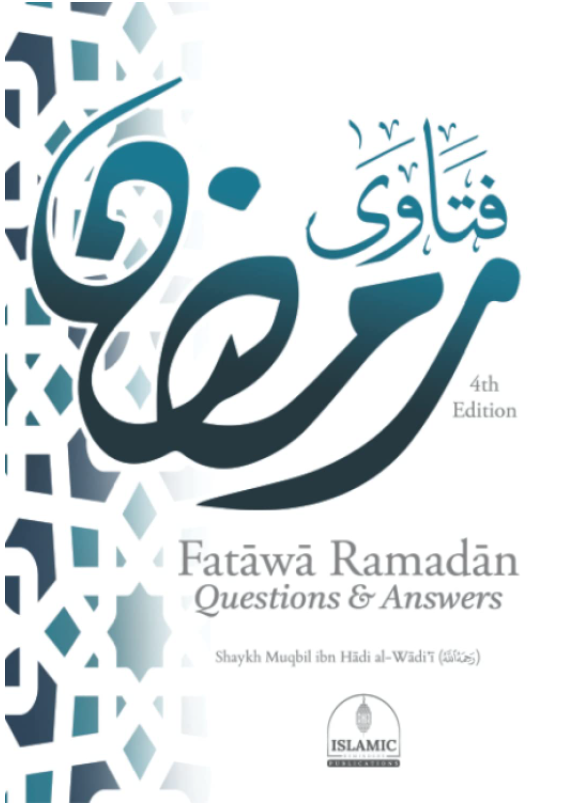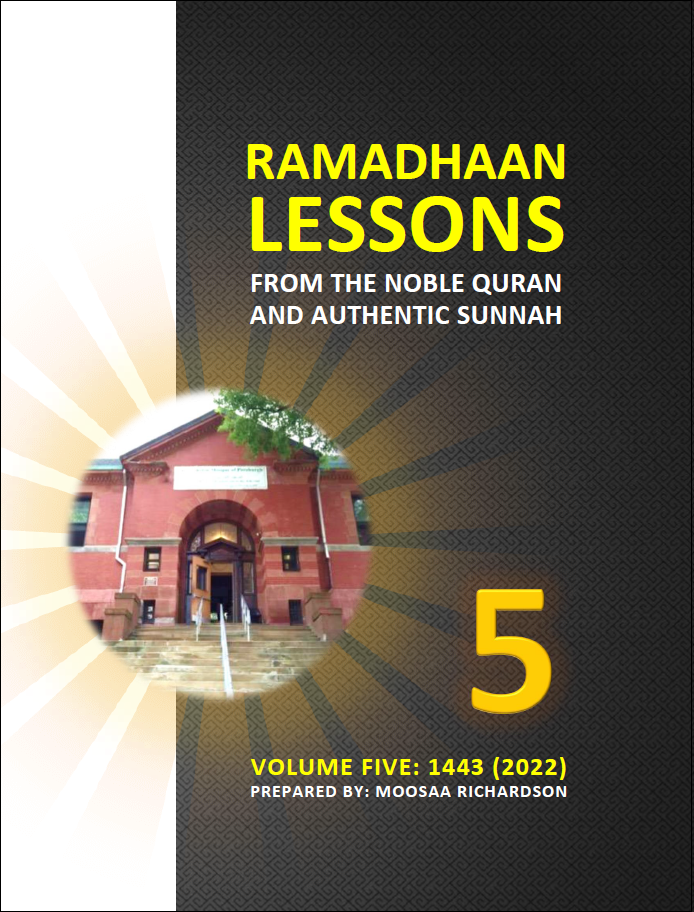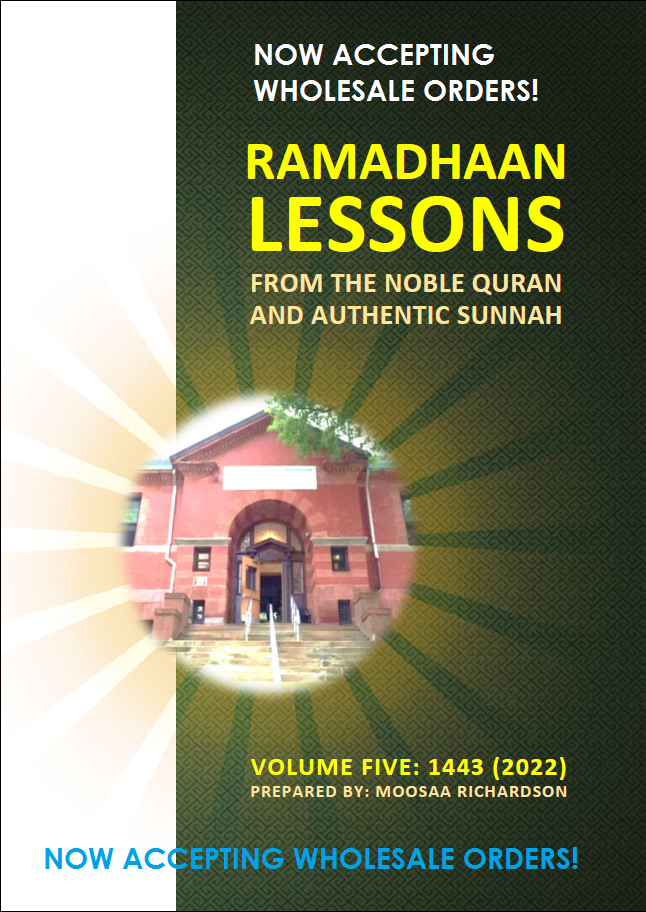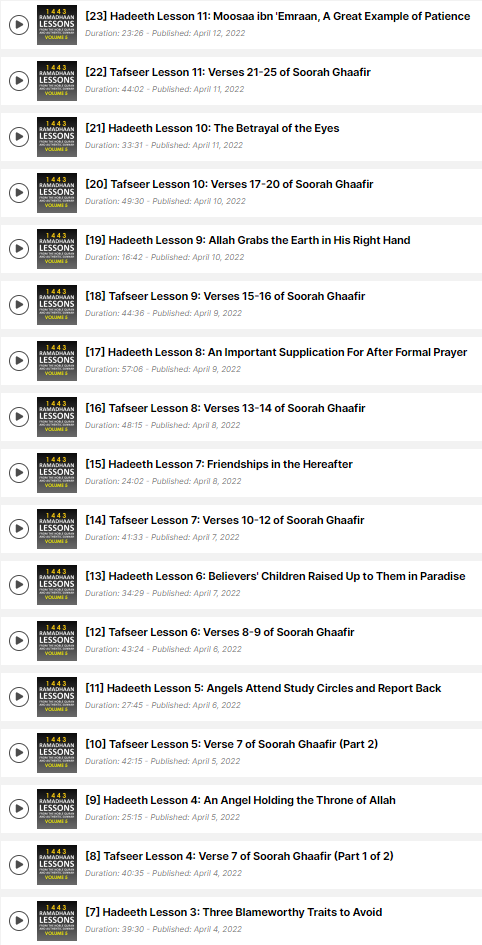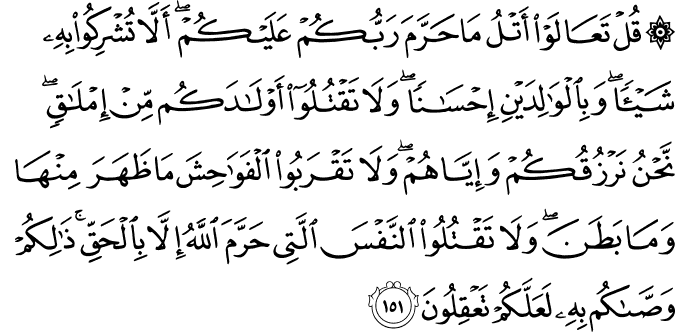In the Name of Allah, the Most Gracious, the Ever Merciful…
We are pleased to announce that our latest publication is now available: Soorah az-Zumar, Chapter 39 of the Noble Quran (Workbook): Resources for Your 30-Day Study of the Commentary of al-Imam as-Sa’dee
Check out this FREE version: [PDF]
*This article features affiliate links, through which we may earn a small commission which helps maintain our website and da’wah activities, so we thank you, jazaakum Allahu khayran!
BRIEF OVERVIEW:
- Summary: A complete, 30-day study of Soorah az-Zumar, the 39th chapter of the Noble Quran, reading the entire explanation of the great scholar, Shaykh ‘Abdur-Rahmaan ibn Naasir as-Sa’dee (may Allah have Mercy on him). A beautifully prepared workbook accompanied by daily classes in shaa’ Allah. Includes weekly quizzes, a final exam, and a unique personal progress tracker.
- Available resources: MP3 recordings | Workbook (digital) [PDF] | Live daily (audio) broadcast (starting in Ramadhaan, in shaa’ Allah) | Live daily (video) broadcast
- Printed Workbook on Amazon (affiliate links):*
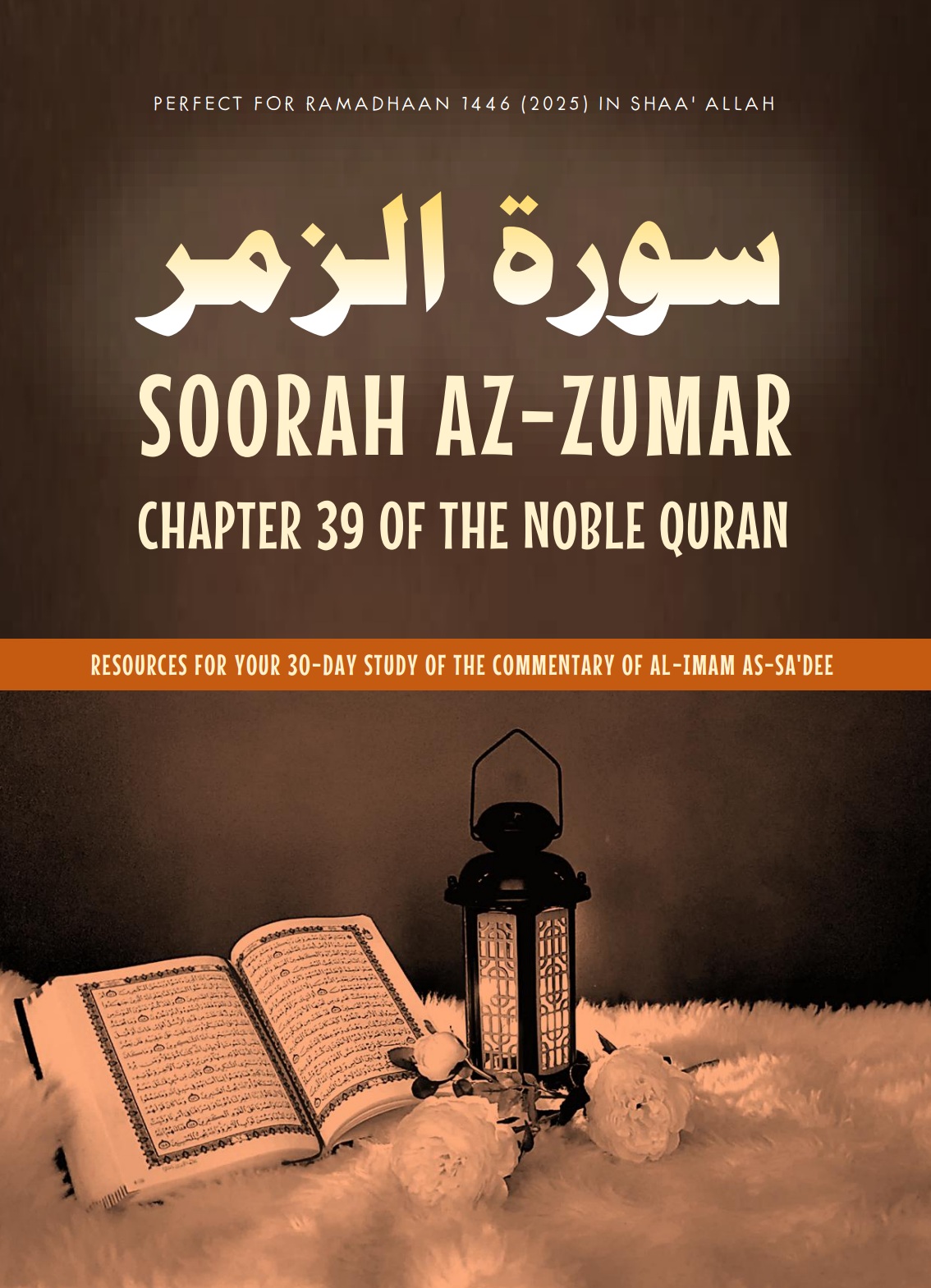
WHAT TO EXPECT IN THIS YEAR’S LESSONS
This workbook and this year’s Ramadhaan 1446 (2025) classes will be a study of the amazing 39th chapter of the Quran, Soorah az-Zumar. Following the previous years’ precedent, we will maintain a similar focus and scop Continue reading

